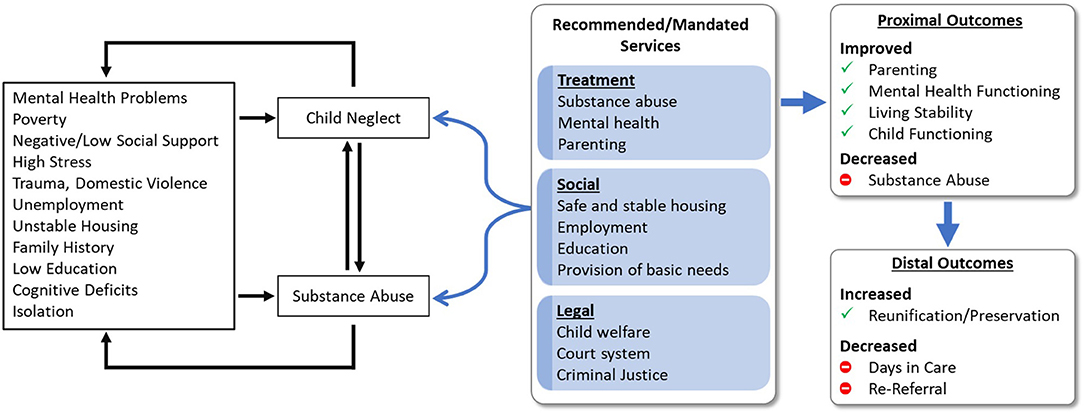
Report on the Impact of Federal Medicaid Cuts in Michigan
Introduction
In June 2025, concerns were raised regarding proposed federal cuts to Medicaid, a program critical to the health and well-being of Michiganders. The U.S. House passed a spending bill that includes slashes of $535 billion from Medicaid over the next decade. These cuts threaten to remove health insurance coverage from hundreds of thousands of Michigan residents to finance a $4 trillion tax break for the wealthiest individuals and corporations.
Legislative Response and Report Development
In response, the Michigan Senate Health Policy Committee and Senate Appropriations Subcommittee on the Department of Health and Human Services (DHHS) held a joint meeting to review and adopt a new report developed by Senate Democrats. This report highlights the severe consequences of federal Medicaid cuts on Michigan’s population, healthcare system, and economy.
Emphasis on Sustainable Development Goals (SDGs)
The Medicaid program aligns closely with several United Nations Sustainable Development Goals, including:
- SDG 3: Good Health and Well-being – Ensuring healthy lives and promoting well-being for all at all ages.
- SDG 1: No Poverty – Reducing poverty by providing access to essential health services.
- SDG 8: Decent Work and Economic Growth – Supporting healthcare jobs and economic stability.
- SDG 10: Reduced Inequalities – Providing equitable healthcare access regardless of income.
Key Findings from the Report
- Medicaid Coverage: Medicaid provides vital healthcare coverage to one in four Michiganders, including two in five children and three in five nursing home residents, supporting SDG 3 and SDG 10.
- Hospital Impact: Medicaid patients constitute an average of 22% of hospital patient volume statewide, and 40% in rural hospitals. Cuts would force hospital downsizing or closures, negatively impacting healthcare access and SDG 3.
- Coverage Loss: Nearly 500,000 Michiganders risk losing healthcare coverage due to proposed administrative and bureaucratic barriers, undermining SDG 1 and SDG 3.
- Economic Consequences: Cuts threaten 300,000 healthcare jobs created by Medicaid expansion and could cause a $2.9 billion loss to Michigan’s economy, affecting SDG 8.
Voices from the Community
The report integrates testimonies from Medicaid recipients, healthcare professionals, hospitals, clinics, and advocacy groups. These narratives emphasize the human cost of Medicaid cuts and the vital role the program plays in sustaining health and economic security for Michigan families.
Statements from Michigan Senate Leaders
Senator Kevin Hertel, Chair of the Senate Health Policy Committee, emphasized that Medicaid benefits represent real support for real people, urging readers to consider the human impact beyond policy numbers.
Senator Sylvia Santana, Chair of the Senate Appropriations Subcommittee for DHHS, highlighted Medicaid’s 60-year legacy in ensuring healthcare access for all Americans and warned that proposed cuts would reverse decades of progress, making healthcare a privilege rather than a right.
Recommendations
The report concludes with recommendations for the Michigan Legislature, Governor Gretchen Whitmer, and Michigan’s congressional delegation to take action to protect Medicaid funding and the health and dignity of all Michiganders, thereby advancing the SDGs.
Access to Full Report
The full report detailing the findings and recommendations can be accessed here.
1. Sustainable Development Goals (SDGs) Addressed or Connected
- SDG 3: Good Health and Well-being
- The article focuses on Medicaid, a critical health insurance program, emphasizing access to healthcare for vulnerable populations in Michigan.
- It highlights the potential negative impact of federal cuts on health coverage, healthcare jobs, and hospital operations, all directly related to health and well-being.
- SDG 1: No Poverty
- Medicaid provides essential support to low-income individuals and families, helping reduce poverty by ensuring access to healthcare.
- The article discusses how cuts would remove healthcare coverage from hundreds of thousands, increasing vulnerability and economic insecurity.
- SDG 8: Decent Work and Economic Growth
- The article mentions the threat to 300,000 healthcare jobs and a $2.9 billion economic impact, linking Medicaid funding to economic stability and employment.
- SDG 10: Reduced Inequalities
- Medicaid serves disproportionately vulnerable groups, including children and nursing home residents, addressing health inequalities.
- The article stresses that cuts would make healthcare a privilege rather than a right, increasing inequalities.
2. Specific Targets Under Identified SDGs
- SDG 3: Good Health and Well-being
- Target 3.8: Achieve universal health coverage, including financial risk protection and access to quality essential healthcare services.
- Target 3.c: Increase health financing and recruitment, development, training, and retention of the health workforce.
- SDG 1: No Poverty
- Target 1.3: Implement social protection systems and measures for all, including healthcare access.
- SDG 8: Decent Work and Economic Growth
- Target 8.5: Achieve full and productive employment and decent work for all, including in healthcare sectors.
- Target 8.2: Achieve higher levels of economic productivity through diversification, technological upgrading, and innovation.
- SDG 10: Reduced Inequalities
- Target 10.2: Empower and promote the social, economic and political inclusion of all, irrespective of income or other status.
3. Indicators Mentioned or Implied to Measure Progress
- Coverage and Access Indicators
- Proportion of population covered by health insurance (Medicaid coverage rate: one in four Michiganders, two in five children, three in five nursing home residents).
- Number of people losing health coverage due to policy changes (nearly 500,000 Michiganders potentially losing coverage).
- Healthcare System Capacity Indicators
- Percentage of hospital patient volume accounted for by Medicaid patients (22% average, 40% in rural hospitals).
- Number of healthcare jobs supported by Medicaid expansion (300,000 jobs).
- Economic Impact Indicators
- Economic contribution of Medicaid to state economy ($2.9 billion impact).
4. Table: SDGs, Targets and Indicators
| SDGs | Targets | Indicators |
|---|---|---|
| SDG 3: Good Health and Well-being |
|
|
| SDG 1: No Poverty |
|
|
| SDG 8: Decent Work and Economic Growth |
|
|
| SDG 10: Reduced Inequalities |
|
|
Source: senatedems.com







